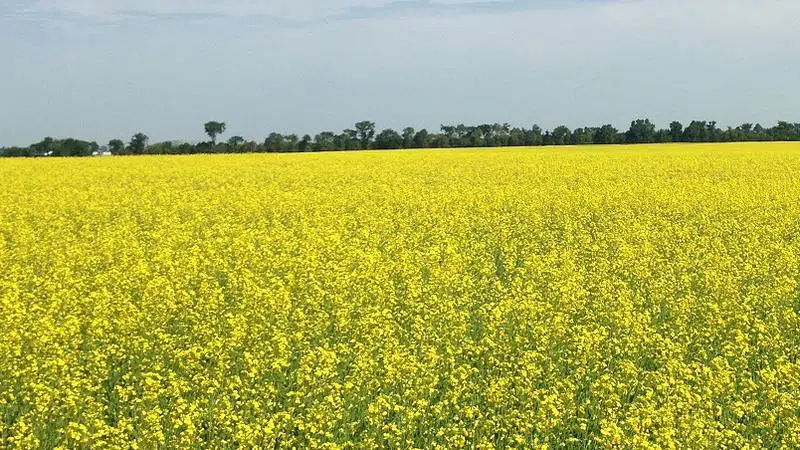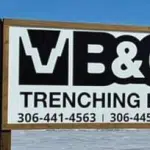
China taps third Canadian company for noncompliance
A third Canadian company has received a single noncompliance notice from China due to alleged pest concerns in canola.
Richardson International and Viterra have already had their canola permits revoked.
Federal Agriculture Minister Marie-Claude Bibeau acknowledged the news at the House of Commons standing committee on trade as industry officials met discuss the trade dispute with China. Bibeau said she was not at liberty to identify the third company.


